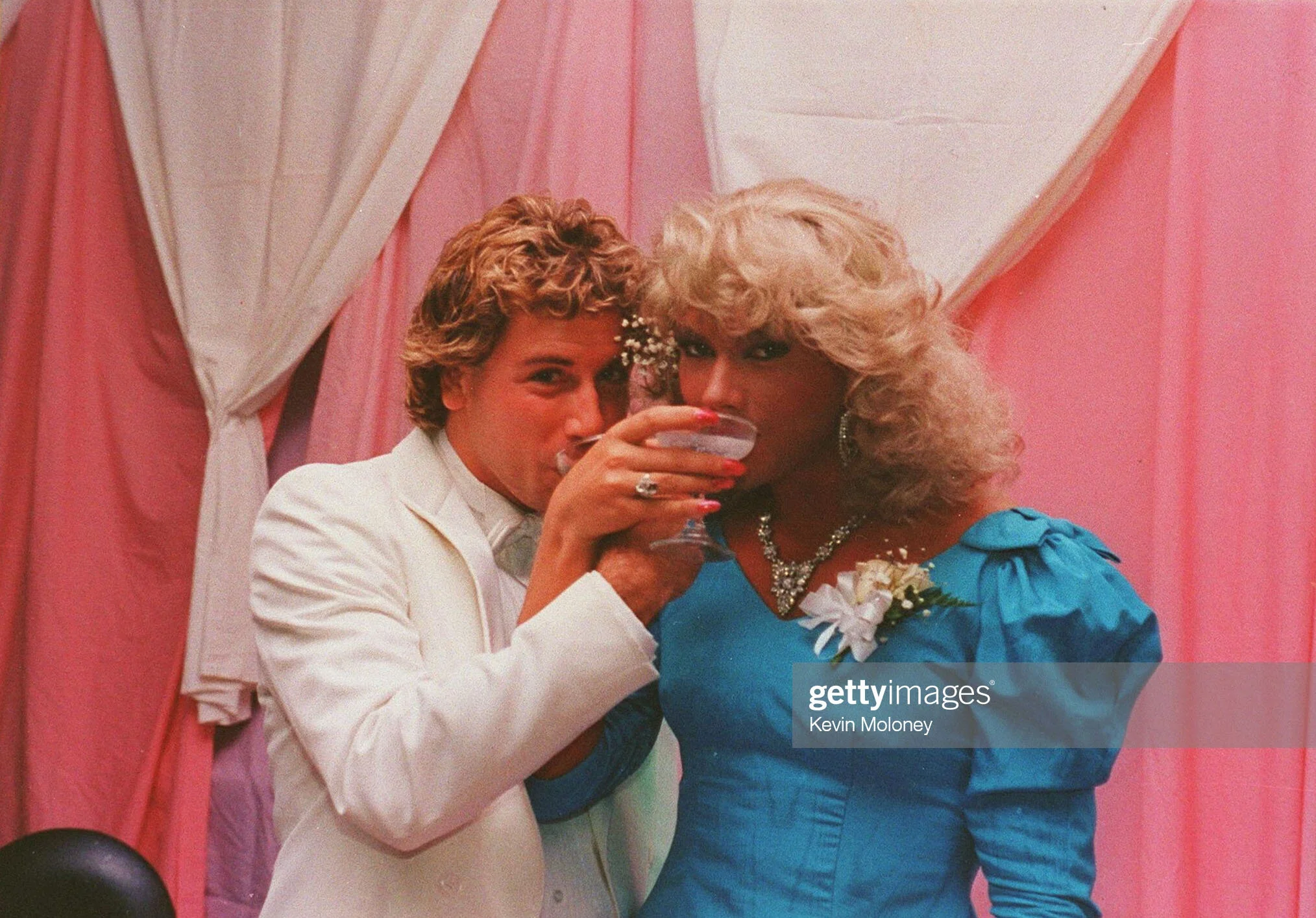The American Psychological Association (APA) has just released its “Task Force Report on Appropriate Therapeutic Responses to Sexual Orientation” (August 2009), a report issued by five psychologists and one psychiatrist who are all activists in gay causes.
SUMMARY OF THE 2009 AMERICAN PSYCHOLOGICAL ASSOCIATION TASK FORCE REPORT ON SEXUAL ORIENTATION
Reviews of the Book: “Shame And Attachment Loss: The Practical Work Of Reparative Therapy”
An advocate for gay men and women who are serious about striving to overcome their same-sex orientation and achieving sexual fulfillment heterosexually, Nicolosi--like a voice in the wilderness--audaciously defies conventional psychologists who cling to the belief that changing from homosexuality to heterosexuality is neither possible nor advisable.
A Parent’s Guide To Preventing Homosexuality
The book, in actuality, is about how parents can react to a male child or teenager who rejects his own gender and adopts a highly feminized style of activity and interest. To a lesser degree, the book also deals with how parents can and should deal with a female child or teenager who displays intense masculine patterns of interest.
Reparative Therapy® Of Male Homosexuality
Healing Homosexuality: Case Stories Of Reparative Therapy®
Excerpt From: A Parent's Guide To Preventing Homosexuality
Published Papers
A SHARED DELIGHT
THE THREE PHASES OF THE TRANSFORMATIVE EXPERIENCE
THE POWER OF THERAPEUTIC ATTUNEMENT
WHAT IF I DON’T CHANGE?
THE MEANING OF SAME-SEX ATTRACTION
SO YOU WANT TO BE A REPARATIVE THERAPIST....
In recent years, I have been gratified to see an increasing number of graduate students interested in working with same-sex attracted (SSA) clients who seek change. Some of these young students struggled with this issue in their own personal lives, and now, they want to take the lessons they learned to help others.
FATHERS OF MALE HOMOSEXUALS: A Collective Clinical Profile
SHAME AS AN AVENUE INTO DEEP GRIEF
Any time a vital attachment bond fails to develop, the person must address the shame of not having felt authentically known and validated. When he becomes an adult, he must acknowledge and grieve this loss. Grief resolution allows him to release these body-held memories, and in the process, to mourn the loss.

























